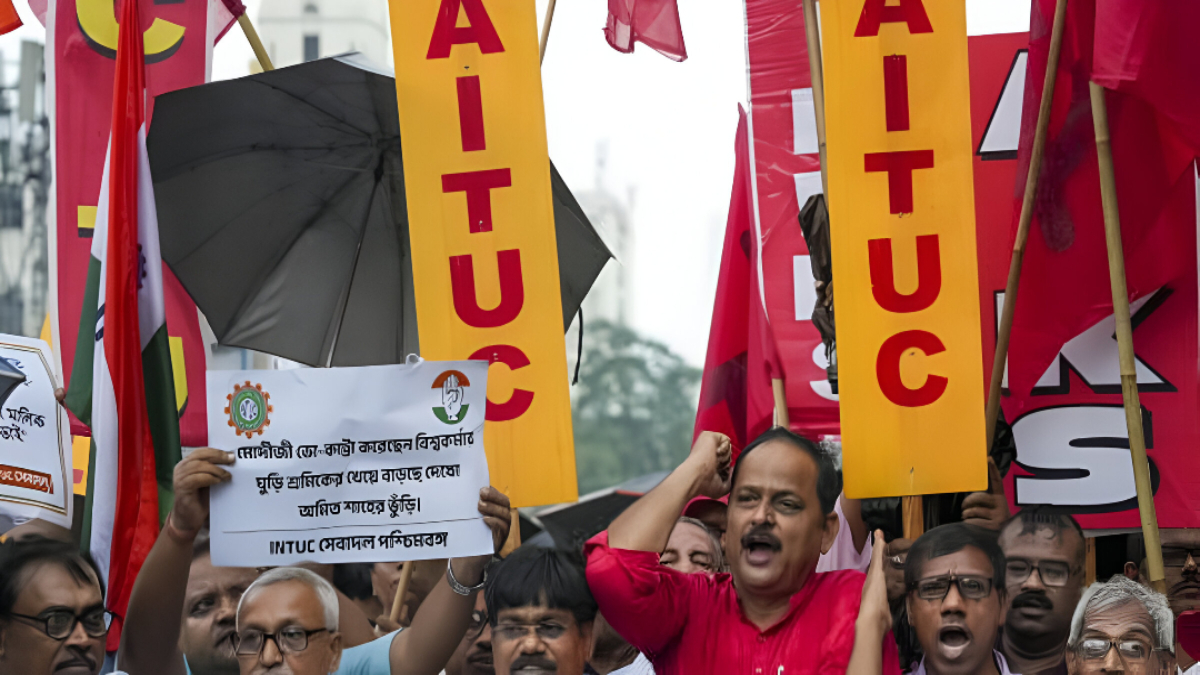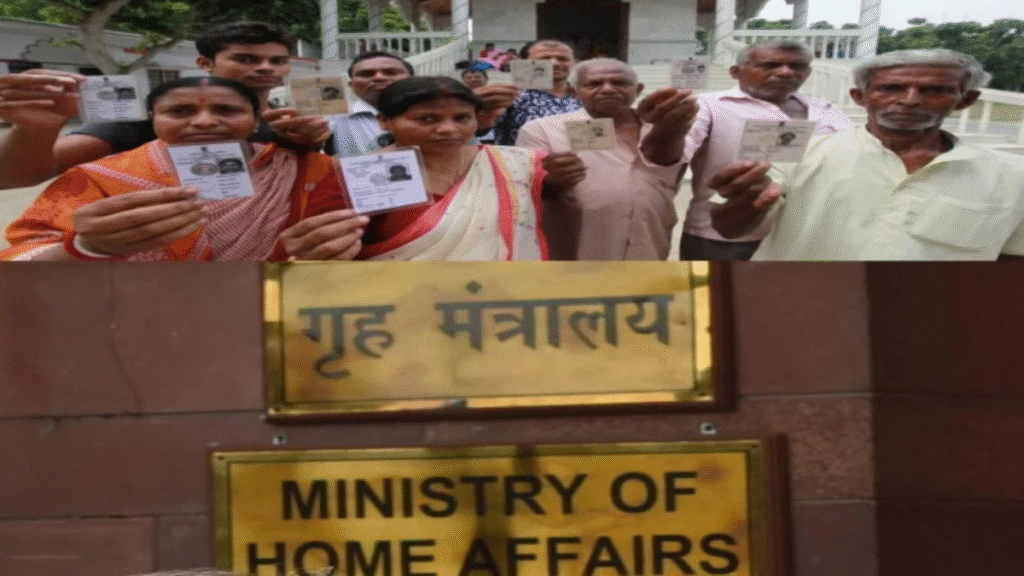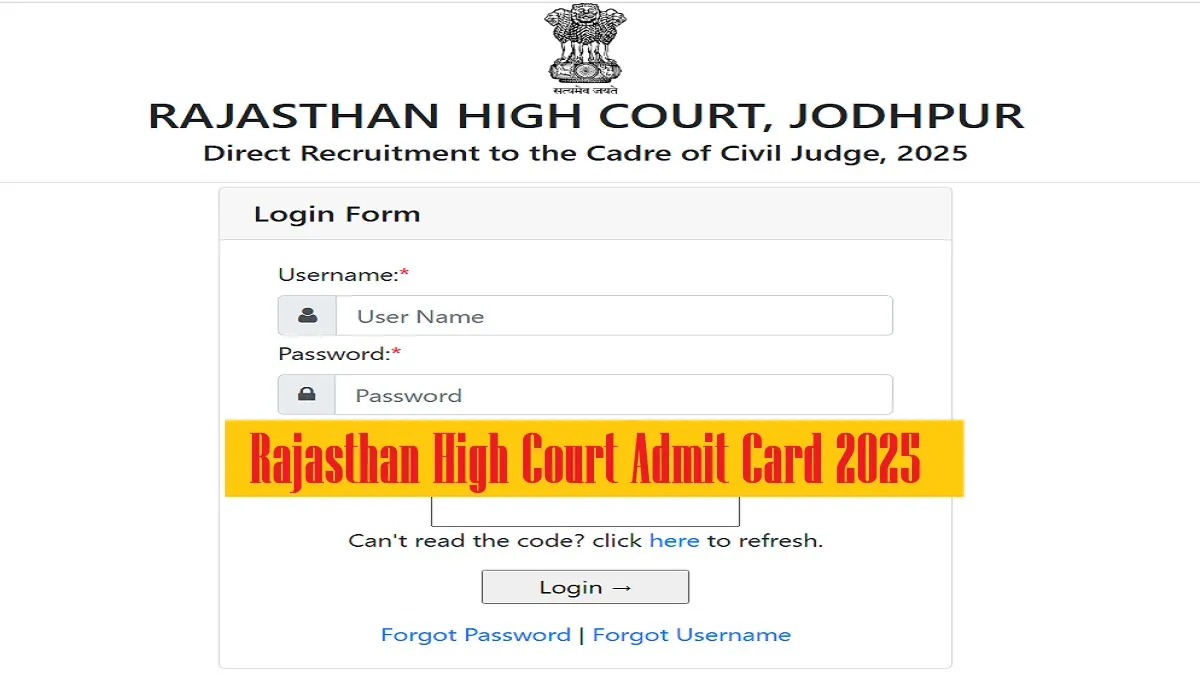Now Reading: India’s Workers Take to the Streets: What Fuels the July 9 General Strike?
-
01
India’s Workers Take to the Streets: What Fuels the July 9 General Strike?
India’s Workers Take to the Streets: What Fuels the July 9 General Strike?

Today, July 9, 2025, marks a significant moment in India’s labor history as a coalition of ten central trade unions, along with various farmer and rural worker organizations, have launched a nationwide general strike. Dubbed “Bharat Bandh,” or “Shut Down India,” the protest is expected to bring large segments of the economy to a standstill, with over 25 crore (250 million) workers anticipated to participate. The widespread action is a culmination of simmering discontent against what unions describe as the government’s “anti-worker, anti-farmer, and anti-national pro-corporate policies.”
The striking workers and farmers are unified by a comprehensive 17-point charter of demands, which they allege has been consistently ignored by the government. At the core of their grievances lies a fierce opposition to the recently implemented four labor codes, which they argue severely undermine workers’ rights, weaken trade unions, and promote contractualization of labor.
The Heart of the Discontent: Key Demands of the Strike
1. Repeal of the Four Labor Codes: This is arguably the most pressing demand. Unions contend that these new codes are designed to dilute existing labor protections, extend working hours, restrict the right to collective bargaining and strike, and decriminalize employer violations. They fear that these changes will lead to a race to the bottom, pushing workers into precarious employment with minimal social security and benefits.
2. National Minimum Wage and Pension Reform: A key demand is for a substantial increase in the national minimum wage, with unions advocating for a figure of Rs 26,000 per month. Additionally, there’s a strong call for the reinstatement of the Old Pension Scheme, reflecting concerns over the inadequacy of current pension provisions.
3. Halt to Privatization and Promotion of Public Sector Jobs: Workers are vehemently opposing the government’s aggressive privatization drive, particularly in critical sectors like banking, insurance, postal services, coal mining, railways, and electricity. They argue that this not only jeopardizes job security but also compromises public services. Coupled with this is the demand for the creation of more government jobs and regular recruitment, as opposed to the current trend of hiring retired personnel, which exacerbates youth unemployment.
4. Support for Farmers: The alliance with farmer organizations, notably the Samyukta Kisan Morcha (SKM), highlights shared concerns. Farmers are demanding a legal guarantee for Minimum Support Price (MSP) for all crops, calculated at C2 + 50% (cost of production plus 50% profit), along with comprehensive loan waivers to address the crippling debt crisis leading to widespread farmer suicides. They also oppose bilateral and free trade agreements that could harm Indian agriculture and industry.
5. Strengthening Social Security and Rural Employment: Unions are pushing for an increase in the number of workdays and remuneration under the Mahatma Gandhi National Rural Employment Guarantee Act (MGNREGA), and the introduction of similar urban employment guarantee schemes. They also seek formalization of “scheme workers” (such as Anganwadi workers) and legal protection for migrant workers and tenant farmers.
6. Addressing Unemployment and Inflation: The striking organizations point to rising unemployment, particularly among the youth, and soaring prices of essential commodities as major factors contributing to the distress of the poor and middle classes. They argue that government policies are neglecting these critical issues and leading to increased social inequality.
Why Now? The Timing of the Strike
While the new labor codes were passed some time ago, the unions assert that the government has consistently failed to engage in meaningful dialogue regarding their concerns. The absence of the annual Indian Labour Conference for a decade further underscores this perceived neglect. The current strike is a renewed and escalated effort to compel the government to address these long-standing demands, particularly as the monsoon session of Parliament approaches.
Potential Impact and Historical Context
The general strike is expected to cause significant disruptions across various sectors. Banking operations, postal services, coal mining, and state transport networks are likely to be heavily impacted. While essential services like hospitals and emergency services are expected to remain functional, disruptions to public transport could affect daily life for many.
Historically, general strikes have played a crucial role in shaping India’s labor laws and policies. From early protests against colonial exploitation to more recent movements against economic liberalization, these collective actions have often forced policymakers to introduce new legislation or amend existing ones, leading to improvements in working conditions, social security, and trade union rights. Today’s “Bharat Bandh” draws on this rich legacy, aiming to once again underscore the collective power of workers and farmers in advocating for their rights and a more equitable economic landscape.
The July 9 General Strike is not merely a protest; it is a powerful statement from India’s working class and farmers, demanding a re-evaluation of economic policies and a renewed focus on social justice and labor welfare. The coming days will reveal the extent of its impact and the government’s response to these profound demands.










